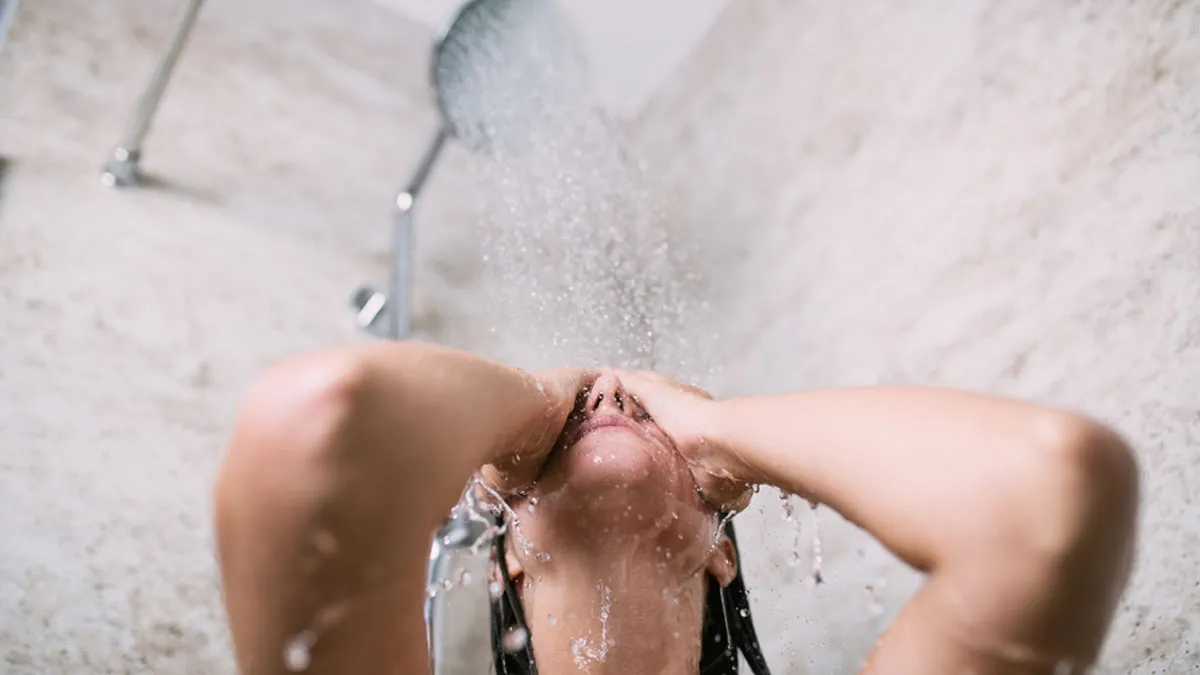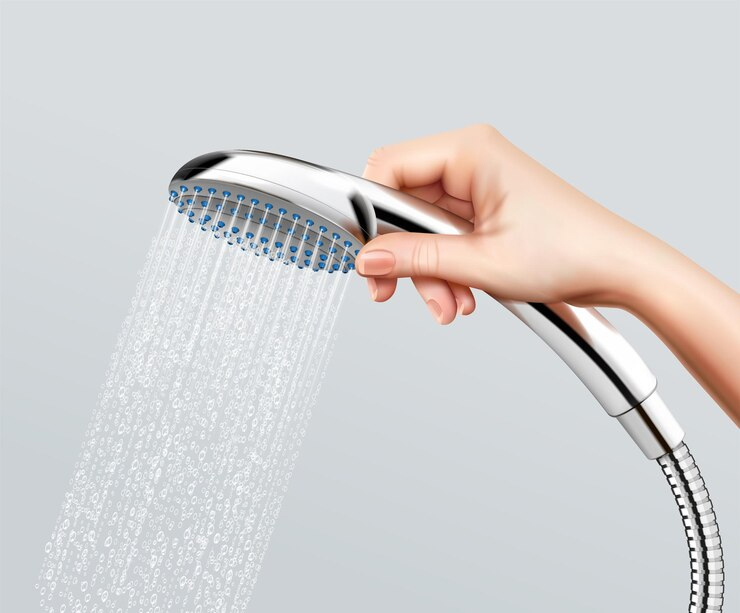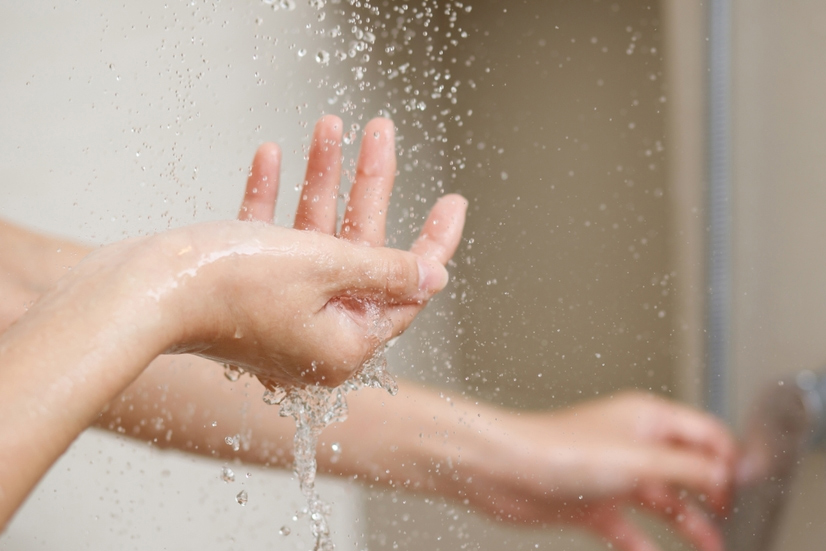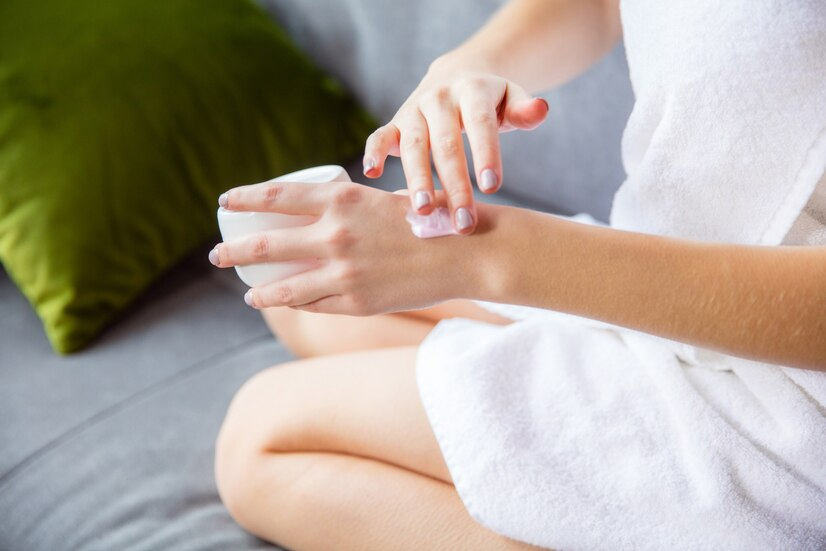
When the chill of winter seeps into your bones, there’s nothing quite as soothing as stepping into a steaming hot shower. The warmth envelopes you like a cosy blanket, offering a brief escape from the frosty weather. But while your muscles relax under the hot water, your skin might be silently crying out for help. Experts warn that those long, indulgent hot showers could be one of the biggest culprits behind winter’s notorious skin problems, dryness, flakiness, and irritation.
Table of Content:-
If your skin feels tight, itchy, or looks unusually dull, the culprit might just be your favourite winter indulgence. Curious about why this happens and how you can enjoy winter without compromising your skin's health? We too are! And that’s why we turned to Dr Arti Sharma, Senior Aesthetic Consultant Derma Puritys, and Dr Simrat Sandhu, MD, Cosmetique The Aesthetic Centre.
The Problem with Hot Showers

“We all love warm or hot water showers, but this treats our skin very badly,” says Dr Arti Sharma. Hot water washes away the skin’s natural oils, which are crucial for moisture retention and protection from environmental factors. “Without this protection, your skin will become dry and flaky, conditions that tend to get worse in winter,” she explains. Individuals with skin conditions such as eczema or rosacea can have particularly severe effects, causing increased dryness and discomfort.
Dr Simrat Sandhu sheds light on the deeper damage caused by hot water. “Excessive contact with hot water may promote transepidermal water loss (TEWL), which is the loss of skin moisture,” she notes. TEWL compromises the skin’s barrier function, leaving it cracked, red, and even prone to infection. Furthermore, hot showers accelerate collagen breakdown, the protein responsible for skin elasticity and tightness, thereby speeding up skin ageing.
Also read: How Safe Is Taking Hot Showers During Pregnancy?
Alternatives for Winter Skincare

Both experts emphasise the importance of opting for lukewarm water instead of hot water during the winter. Showers should be brief, lasting no more than 5–10 minutes. This simple change can significantly reduce the impact on your skin’s moisture levels.
After a shower, proper post-cleansing care is essential. Dr Sharma recommends gently patting the skin dry with a soft towel and applying a thick, scent-free moisturiser immediately after. “Look for products with ceramides, shea butter, and glycerin,” she advises, as these ingredients help lock in hydration. She also cautions against using harsh, soap-based cleansers that can exacerbate dryness.

Dr Sandhu underscores the importance of incorporating a tailored skincare routine during the winter. “Moisturise immediately after cleansing the skin by applying body oil or cream with substances such as hyaluronic acid and urea,” she says. These ingredients replenish the skin’s moisture and strengthen the protective barrier. Additionally, reducing the frequency of exfoliation is crucial. “In winter, try not to use exfoliators more frequently as they may be too harsh on your skin,” she warns.
To combat the drying effects of indoor heating, Dr Sandhu suggests using a humidifier. This device helps maintain adequate humidity levels indoors, preventing excessive dryness caused by heating systems.
Also read: This Is How You Can Create An All-Natural Skincare Routine
Achieving Hydrated Skin in Winter
With the right adjustments to your bathing and skincare habits, it is possible to maintain healthy, hydrated skin throughout the winter. Both experts agree that small changes, such as using lukewarm water, shortening shower time, and moisturising immediately, can go a long way in protecting your skin.
“Winter doesn’t have to be synonymous with dry, flaky skin,” says Dr Sharma. By following these expert-backed recommendations, you can enjoy the season’s comforts while keeping your skin healthy and radiant.
How we keep this article up to date:
We work with experts and keep a close eye on the latest in health and wellness. Whenever there is a new research or helpful information, we update our articles with accurate and useful advice.
Current Version
